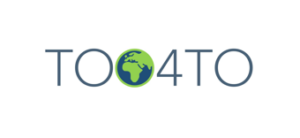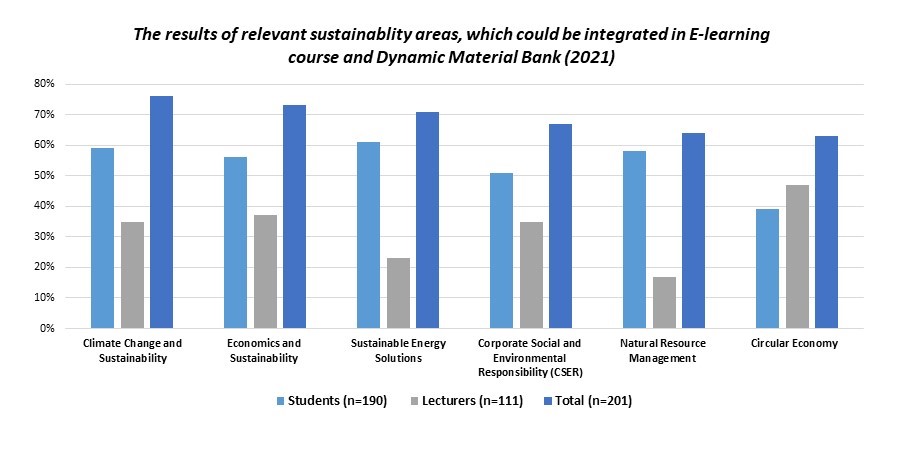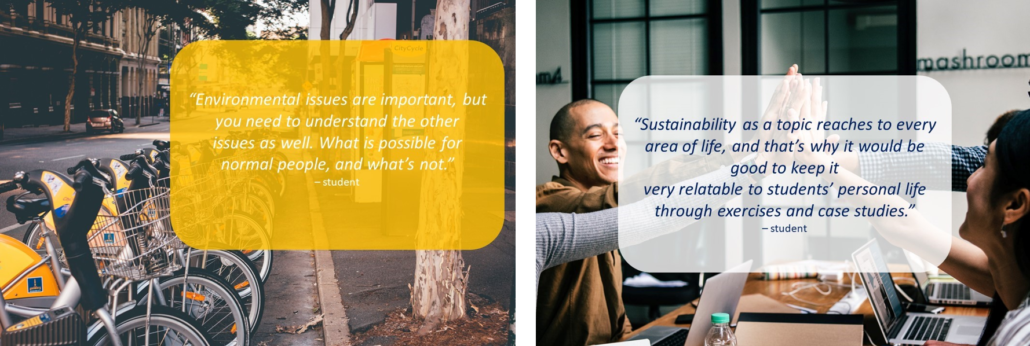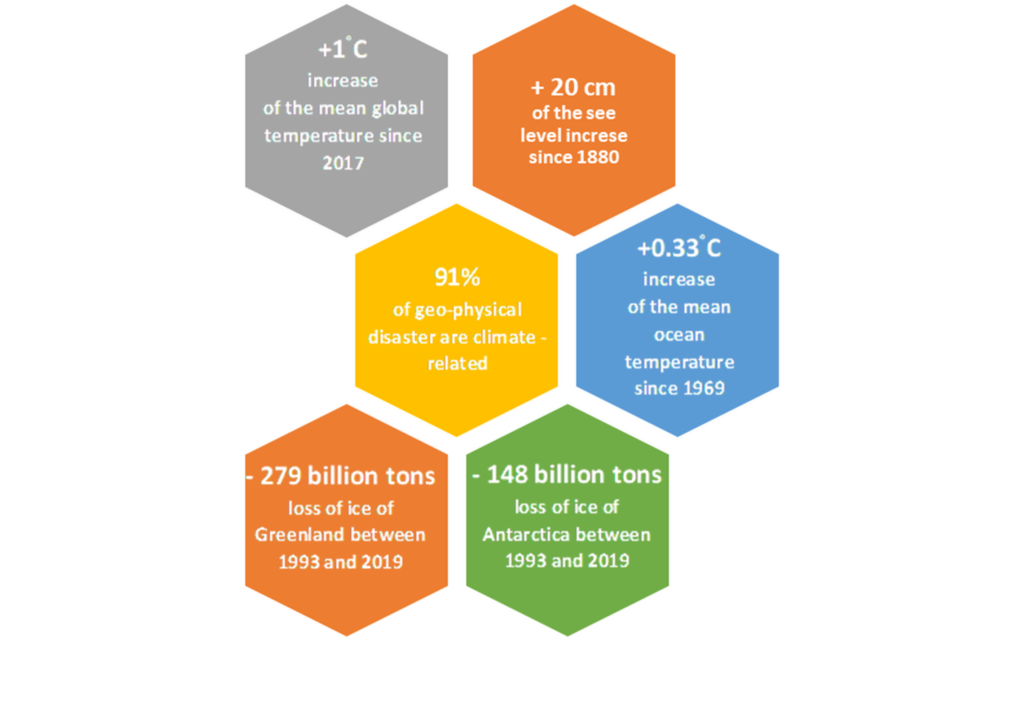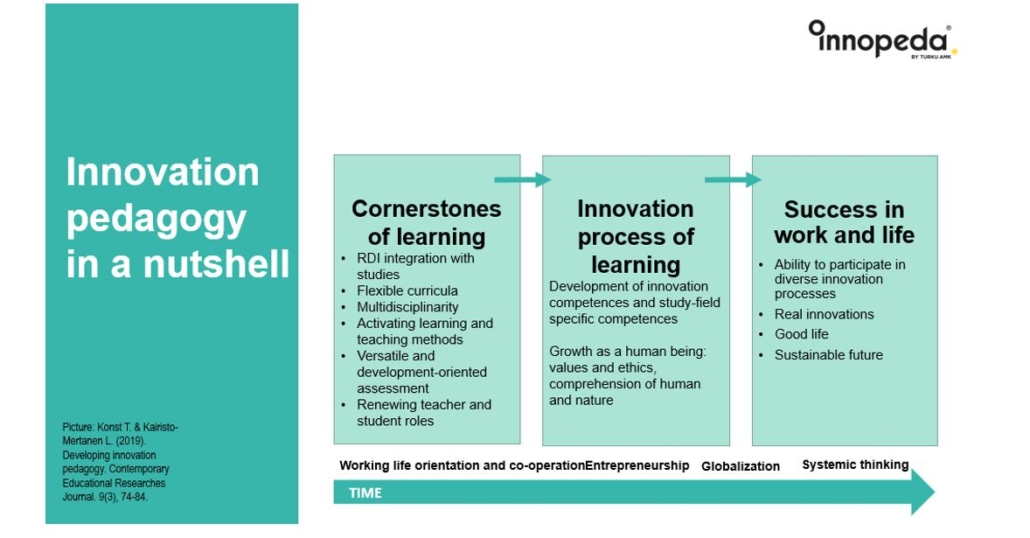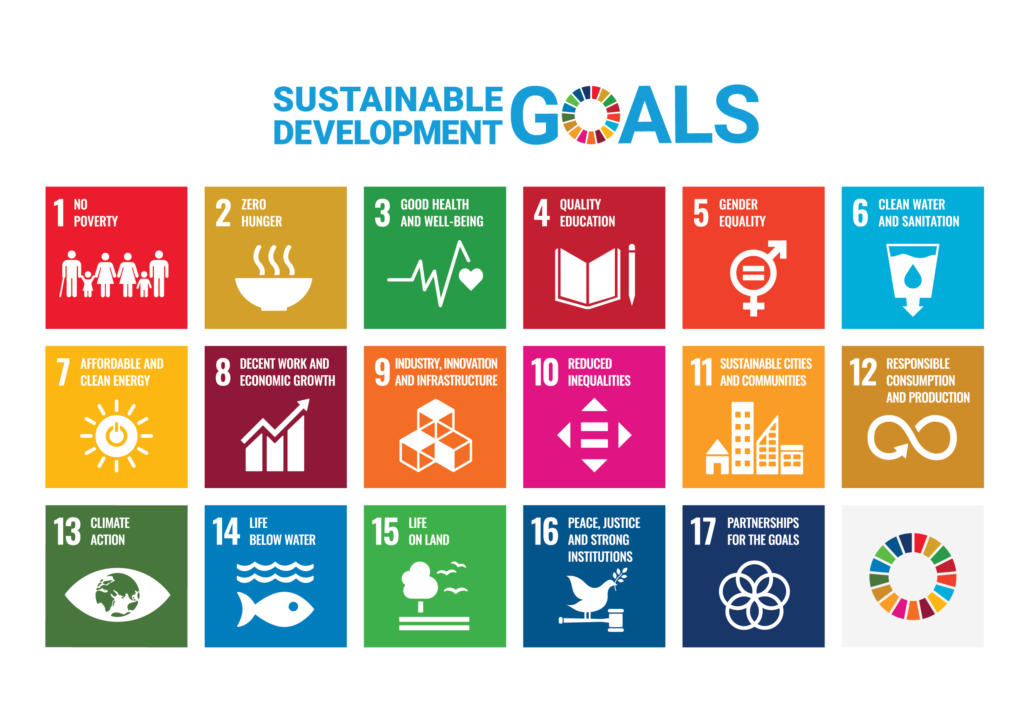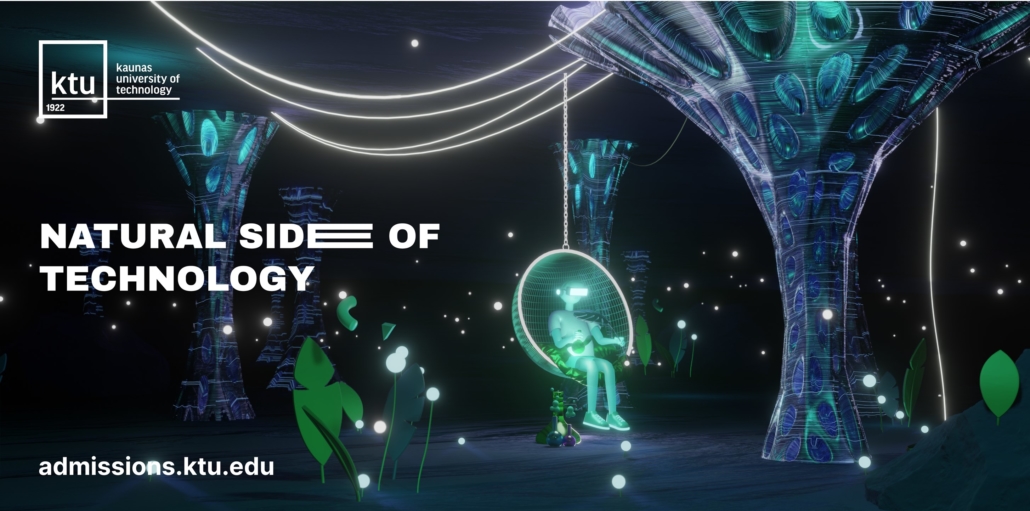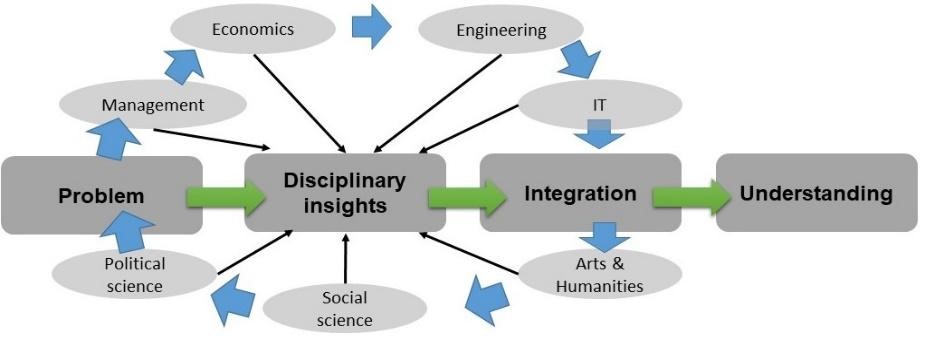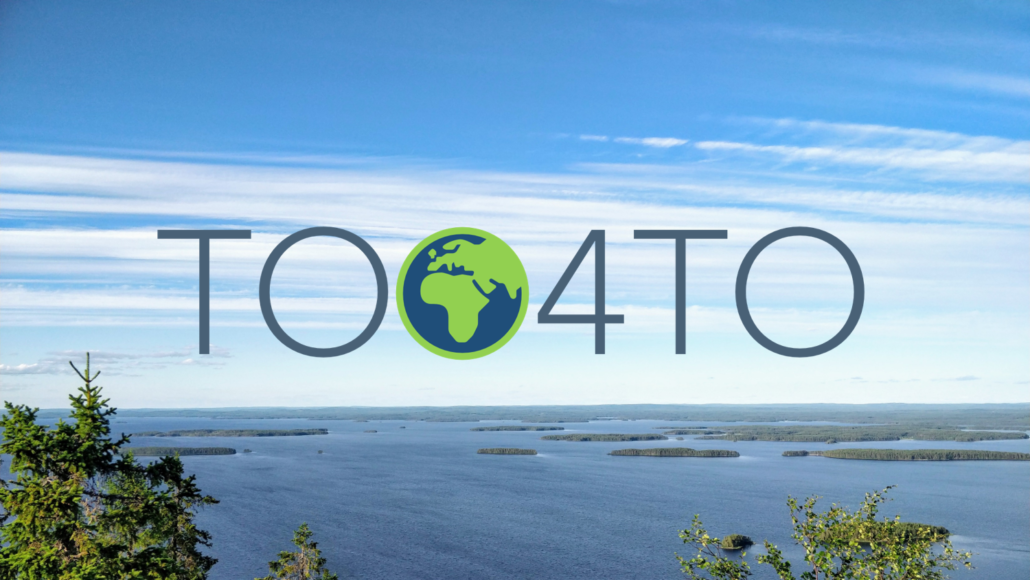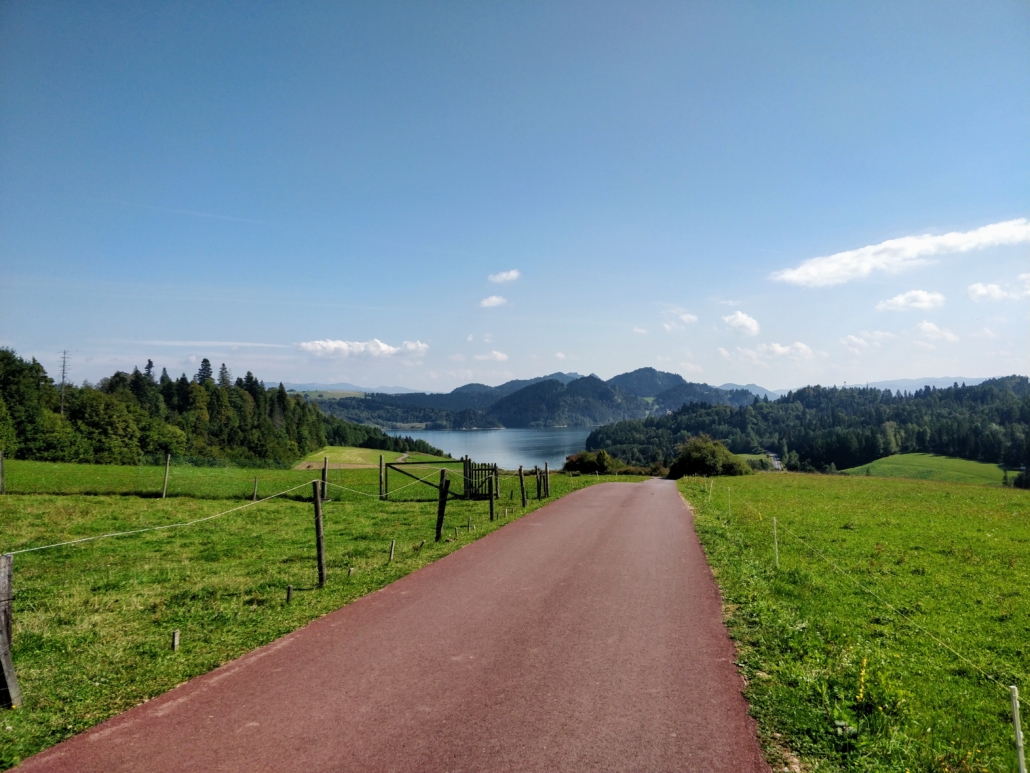Climate Change Education
Climate change is one of the most defining crises the globe is experiencing now, and it is unfolding rapidly and in a hazardous manner. In our Earth system, the disasters related to climate and weather extremes were always present. However, currently it is taking a dangerous turn with more frequent and intense climate disasters sweeping the world. No continent is left untouched, with heatwaves, droughts, typhoons, and hurricanes causing mass destruction around the world.
Speaking of 2021 alone, the West of Germany and Belgium faced extreme rain floods as the increase in greenhouse gases led to increasing temperatures. Since warmer air holds more moisture, it translated into heavier rainfall. As estimated by science magazine, “by 2100, flood damage on the continent could cost as much as €48 billion per year—up from €7.8 billion now” (Cornwall, 2021). The extensive rains did not reach Europe only but also it swept parts of New York, Chinese, Indian and Turkish provinces causing several calamities, millions worth damage, wide range displacements and costing hundreds of lives (Khan, 2021).
As parts of the world are flooding, the other dry parts are getting drier causing droughts across the world. This phenomenon is based on the negative effects of global warming on evapotranspiration which is the movement of water into the atmosphere from land and water surfaces. Accordingly, precipitation has declined in areas such as Australia, Southern Africa, the Sahel region of Africa, Southern Asia, the Mediterranean, and the U.S. Southwest. Consequently, the chances of declining food security, agricultural challenges, poverty and even famine are increasing (Climatehotmap, 2021). Furthermore, the heat waves led to the rage of ferocious fires fueled by global warming and climate change in Canada, California, Italian Islands, Northeastern Spain and parts of Siberia, Turkey, Greece, Lebanon, Syria and Palestine (Washington Post, 2021, Al monitor, 2021).
As asserted by the United Nations, 90 per cent of disasters are now classified as weather and climate-related, costing the world economy 520 billion USD each year, and pushing 26 million people into poverty as a result. Not to mention the physical health challenges caused by the climate change. Nevertheless, as Secretary-General António Guterres pointed out in September, “the climate emergency is a race we are losing, but it is a race we can win”. (UN, 2021). Considering the complexity of the phenomenon and its repercussions, one of the crucial methods to combat it and promote effective climate action is education (UNESCO, 2021). The United Nations 4.7 (education for sustainable development) and 13.3 (education for climate protection and climate adaptation) complement the same scheme.
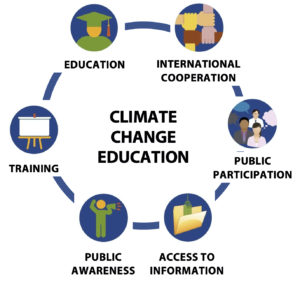
Education per the UNFCCC, Paris Agreement, 2015
Retrieved from: https://sepn.ca/the-research/ccec/
A good quality education on climate change education imparts knowledge on climate, climate protection measures, societal climate resilience and develops a strong personal connection to climate solutions. The EU-funded TOO4TO project aspires and firmly embeds all of the above aspects in its curriculum. The project assists the students to comprehend the sophistication of the climate change phenomenon and its consequences. Moreover, it provides the students with the suitable material and techniques to enhance their analytical understanding and innovative skills to come up with policy recommendations or inventive methods that contribute to climate and environment protection on a wider scale. As emphasized by Kwauk and Winthrop, (2021), “leveraging the power of education is potentially more powerful than solely increasing investments in onshore wind turbines or concentrated solar power.
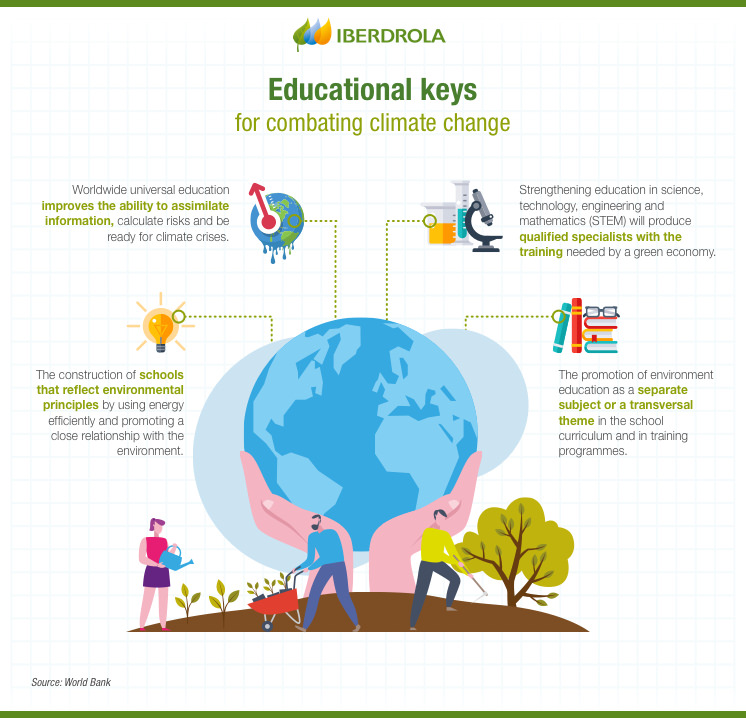
Retrieved from: https://www.iberdrola.com/social-commitment/climate-change-education
Written by Ashraqat Fouda, Global Impact Grid
References:
https://www.sciencemag.org/news/2021/07/europe-s-deadly-floods-leave-scientists-stunned
https://moderndiplomacy.eu/2021/07/27/floods-in-europe-turkey-china-and-india/
https://www.climatehotmap.org/global-warming-effects/drought.html
https://www.washingtonpost.com/photography/interactive/2021/wildfires-europe-greece-turkey-italy-spain-lebanon/
https://www.al-monitor.com/originals/2021/07/forest-fires-rage-lebanon-syria-and-turkey
https://www.un.org/en/un75/climate-crisis-race-we-can-win
https://en.unesco.org/themes/education-sustainable-development/cce
https://www.brookings.edu/research/unleashing-the-creativity-of-teachers-and-students-to-combat-climate-change-an-opportunity-for-global-leadership/
